Science: Natural Science
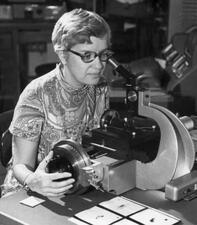
Vera Cooper Rubin
Regina Schoental
Our knowledge of toxic substances in plants, in fungi, and of aromatic and other chemicals that cause cancer owes much to the pioneering work of Regina Schoental.
Science in Israel
Mindel Cherniack Sheps
As a pioneering physician, biostatistician, and demographer, Mindel Cherniack Sheps was acutely aware of the role science could play as a powerful social force. She taught that peace, social justice, and science were inextricably bound; humanism in any field must be based on social equity and knowledge.
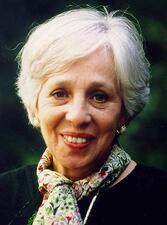
Maxine Singer
Bertha Kaplan Spector
Born in a Russian shtetl, Bertha Kaplan Spector became a bacteriologist whose authoritative research helped to control an epidemic of amebic dysentery during the Chicago Century of Progress World’s Fair. Her work contributed to a better understanding of the disease, as well as to new standards of hygiene.
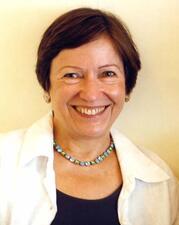
Ruth Sperling

Lina Solomonovna Stern (Shtern)
Lina Shtern, biochemist and physician, was the first woman professor at the University of Geneva and the first woman named to the Soviet Academy of Sciences. Born in Latvia, then part of the Russian Empire, she returned to the Soviet Union out of political idealism. A member of the Jewish Anti-Fascist Committee during World War II, she was a victim of postwar repressions that targeted both scientists and Jews.
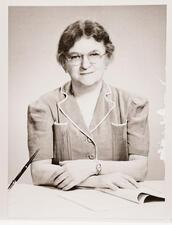
Frances Stern
Frances Stern’s experience as a second-generation American Jew dedicated to social reform and in contact with several prominent women engaged in social work led her to a career in scientific nutrition, applied dietetics, and home economics. Stern founded the Food Clinic of the Boston Dispensary, a center for dispensing practical advice on food and meal preparation for outpatients and their families that also served as a center for research on the relationships among health, nutrition, class, and ethnicity.
Estera Tenenbaum
Dismissed from the Kaiser Wilhelm Institute in 1934 for being a Jew, a woman, and a foreigner, Estera Tenenbaum went on to become a distinguished cell and virus scientist. Over the course of her career she held research and teaching positions at Hebrew University and participated in groundbreaking research at the California Institute of Technology.
Salome Gluecksohn Waelsch
Salome Gluecksohn Waelsch combined embryology and genetics to form a new discipline, developmental genetics, a science that investigates the genetic mechanisms of development. For over sixty years, Waelsch made fundamental discoveries in mammalian development and cancer research.
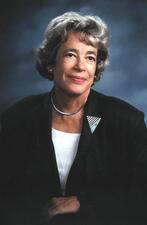
Elga Ruth Wasserman
Chemist Elga Wasserman – a recipient of a Ph.D. in organic chemistry from Harvard in 1949 and a J.D. from Yale in 1976 – is best known for overseeing the entrance of the first coeducational class at Yale College in 1969.
Mayana Zatz
Mayana Zatz is one of the pioneers of human and medical genetics in Brazil. In 1981 she founded the Brazilian Muscular Dystrophy Association, to help the poorest population of patients. She has worked on the Zika congenital syndrome and on cancer and was very involved with the Brazilian Congress’s approval of a bill allowing human embryonic stem cell research.
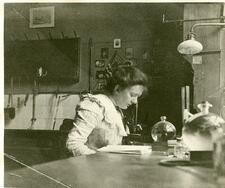
Margarete Zuelzer
Margarete Zuelzer’s life epitomizes both the successes and frustrations of women scientists in academia in the first half of the twentieth century. One of the first generation of women scientists in Germany and also one of the first to receive an appointment in a ministry of the Weimar Republic, she was forced to flee from Nazi Germany. Unable to find refuge, she was murdered in 1943.


